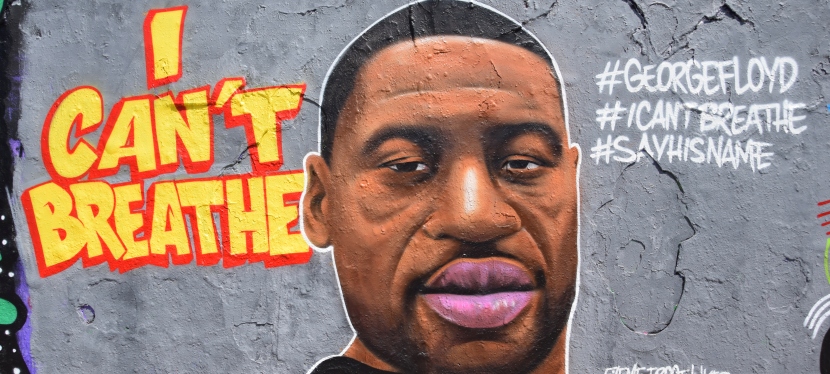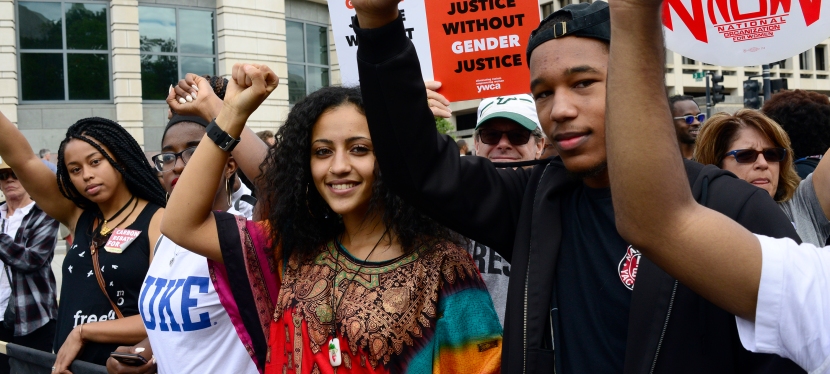By Sister Sue Ernster, Vice President & Treasurer/CFO, FSPA
In appreciation of our valued partners in mission and in support of the actions of ICCR, SGI and Raise the Wage Act of 2021, FSPA has partnered with Wipfli consultants to begin a compensation project that will ultimately raise our organization’s minimum wage to $15 in 2021.
According to the Franciscan Sisters of Perpetual Adoration (FSPA) Leadership Team, “This isn’t just about economic justice. We recognize our partners in mission serving on staff are gold. We’re advocating for livable wages and we want it to start at home. We’re investing in our partners as they help us carry forward our mission.” The FSPA Merged HR Team note that all wages are evaluated annually, which will continue after the new minimum wage is in place.
FSPA stands with ICCR calling on the federal government to “implement a mandatory minimum wage of at least $15 per hour as a floor, with an eye towards establishing a living wage standard.” ICCR’s 300-plus faith and values-based institutional investors view the management of their investments as a catalyst for social change. In addition, the Leadership Conference of Women Religious Region 9, of which FSPA is a part of, is also advocating for living wages. This is in line with Pope Francis’ Easter message of solidarity with movements that support workers’ dignity through changing economic structures, including consideration of a universal basic wage.
As our compensation project and advocacy for a living wage intersects with our commitment to unveil our white privilege. Throughout 2021, guided by our Dismantling FSPA Racism Team, we will work to raise awareness of our participation in systemic racism, analyze our congregation’s anti-racist vision and act authentically for racial equity.
FSPA recently took the lead in advocating for racial and economic justice by filing a shareholder resolution (see our exempt solicitation) with Walmart, calling for a higher starting wage — intersecting our compensation project and advocacy with our 2018 commitment to unveil white privilege. Walmart’s low starting wages are not aligned with the its professed values of respect for the individual and promoting healthy communities or its commitment to sustainability. Boosting wages for the lowest paid employees, which are disproportionately people of color, would advance Walmart’s stated commitment to racial justice. Remedying systemic racism provides everyone with tangible benefits. Wages are the most important element of employee compensation, according to Walmart Associates, and the negative effects of lower wages undermine their ability to serve the customer.
Our community is also growing our impact investing. Our 2020 Seeding a Legacy of Healing initiative will usher in a second round of seeding grants including the Apis & Heritage Capital Partners, whose mission is to attack the racial wealth gap to restore dignity and status to the American Worker. A second investment in the Religious Communities Impact Fund will benefit the economically poor, especially women and children, concentrating on those who are unserved or poorly served through traditional financial sources.
As Pope Francis says in Evangelii Gaudium (The Joy of the Gospel), “The dignity of each human person and the pursuit of the common good are concerns which ought to shape all economic policies” (#203). The dignity of each person can be recognized through fair wages.





